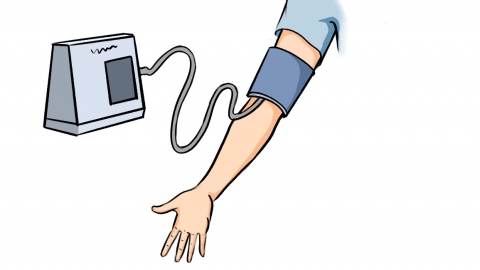Can varicose veins cause high blood pressure?
In general, whether varicose veins can cause high blood pressure depends on the specific circumstances. Simple varicose veins without serious complications usually do not lead to hypertension; however, if varicose veins trigger severe pain, infection, or other stress responses, they may indirectly cause a temporary increase in blood pressure. The detailed analysis is as follows:

If varicose vein symptoms are mild—such as slight leg vein enlargement without significant pain or discomfort—and venous circulation issues have not affected overall vascular regulation, there will be no direct impact on blood pressure, and therefore no development of hypertension. In such cases, proper care for varicose veins is sufficient, including avoiding prolonged standing and wearing compression stockings.
When varicose veins become severe and complications such as intense pain, local infection, or ulcers occur, the body may experience a stress response due to significant discomfort, leading to vasoconstriction and increased heart rate, which in turn may indirectly result in a temporary rise in blood pressure. In these situations, priority should be given to managing the complications of varicose veins while simultaneously monitoring blood pressure changes.
To prevent varicose veins from indirectly affecting blood pressure, it's important to actively care for your veins in daily life—engage in appropriate lower limb activity to promote blood return and control the progression of varicose veins. Additionally, maintain regular作息 (daily routines), follow a low-salt diet, and regularly monitor your blood pressure.






